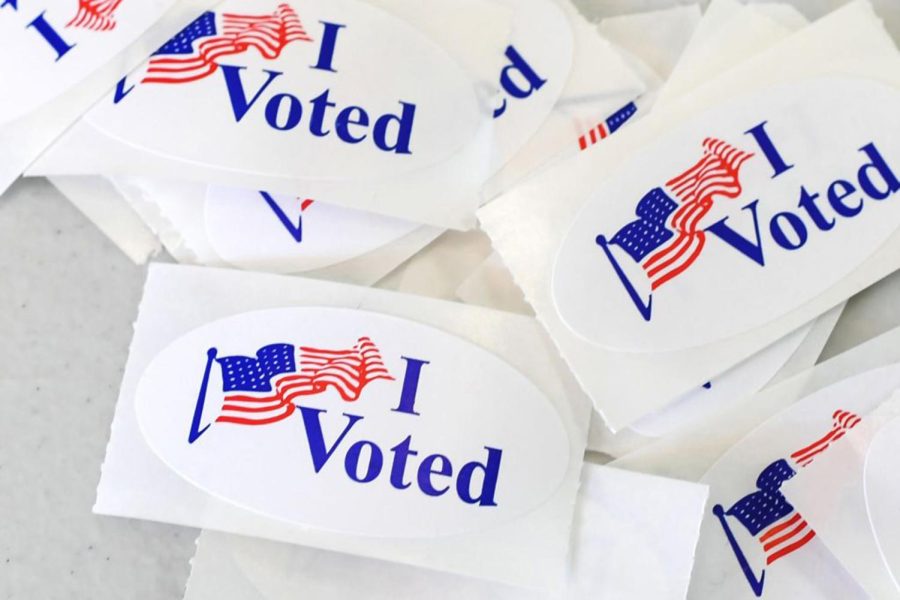The ads are everywhere for Propositions 27 and 29. You’ve seen them on billboards and T.V. You’ve heard them on the radio and in music ads. They have been pestering you night and day, and yet you don’t know why. These are political advertising campaigns, ads that we always see around every election cycle. And with less than two weeks until the midterm elections, it’s time to be like Jerry Seinfeld and just ask the question: What’s the deal with Propositions 27 and 29?
For those who have not dealt with any of the aforementioned ads, there are two main issues. According to the Legislative Analyst’s Office- or L.A.O- Proposition 27 “Allows Online and Mobile Sports Wagering Outside Tribal Lands” and is an “Initiative Constitutional Amendment and Statute,” while Proposition 29 “Requires On-Site Licensed Medical Professional at Kidney Dialysis Clinics and Establishes Other State Requirements” and is an “Initiative Statute.” Both concern the well beings of others in the state, and provide some form of economic expenses for the Californian taxpayer.
Proposition 27 “requires tribes and gambling companies that offer online sports betting to make certain payments to the state for specific purposes.” If the proposition passes, it would have licensed tribes or gambling companies offer online sports betting over the Internet and mobile devices to people 21 years and older on non-tribal lands in California. In addition, those offering online sports betting would be required to pay the state a share of sports bets made, and a new state unit would be created to regulate online sports betting. Finally, new ways to reduce illegal online sports betting would be available. If rejected, sports betting will continue to be considered illegal in California, and no changes would be made to the state gambling laws. Some fiscal effects from the proposition would be an increase in state revenue- reaching no more than $500 million annually- an increase in state regulatory costs, which could depend on the amount of work and could potentially costs tens of millions of dollars, and other miscellaneous areas of revenue- such as an increase in out of state tourists and deals struck between tribes and local governments.
Proposition 29 “gives duties to CDPH to implement and administer the proposition, including adopting regulations within one year after the law takes effect,” and “Requires Each Dialysis Clinic to Have a Physician, Nurse Practitioner, or Physician Assistant On-Site During All Treatment Hours.” If passed, the proposition would dictate that chronic dialysis clinics would be required to have a physician, nurse practitioner, or physician assistant on-site during all patient treatment hours. If rejected, dialysis clinics would not be required to have a physician, nurse practitioner, or physician assistant on-site during the patient’s treatment hours. The cost would vary from clinic to clinic, but would require hiring a new, more skilled physician. This would either have the clinics operate but with lower profit margins, or cause the less successful ones down. In addition, the proposition would increase overall Medi-Cal costs, and would overall cost the state and local governments tens of millions of dollars.
At the end of the day, it is important for you to not be affected or swayed heavily by the political ads in the media. Propositions 27 and 29 are important issues on the ballot for this year, and educating yourself on them could help you to make a more affirmative decision when casting your ballot.




